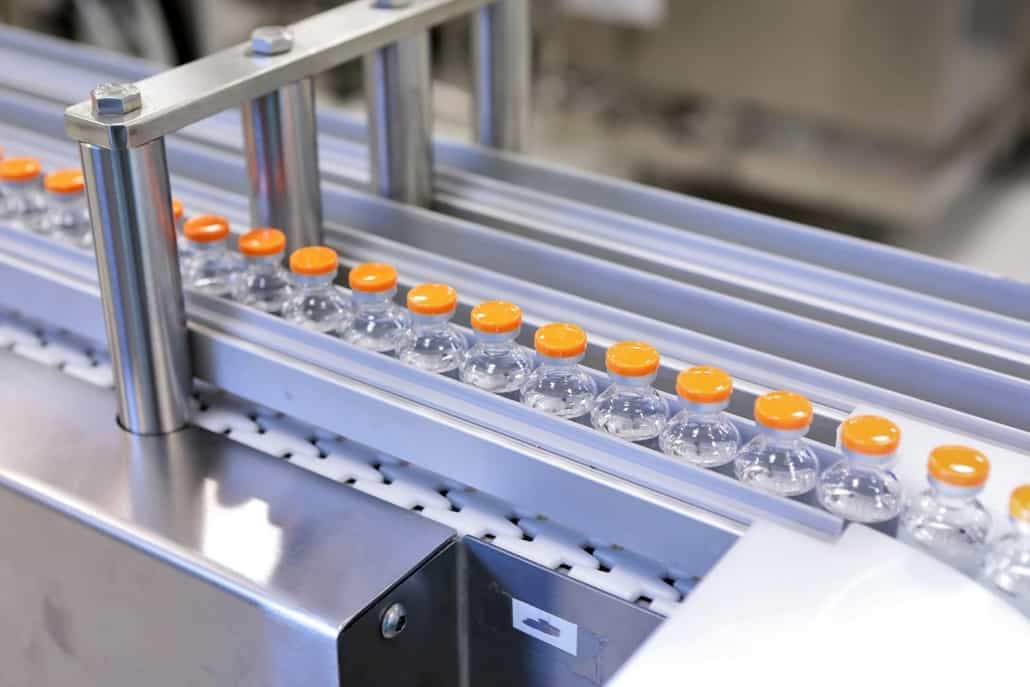mRNA and viral vector vaccines and therapeutics are becoming significant players in a biopharmaceutical industry that has seen a major shift in the production of these products, clearing the way for faster manufacturing and highly effective solutions to fight viruses.
With the biopharma industry looking for innovative ways to get the COVID-19 vaccine and therapies to people worldwide quickly, mRNA and viral vectors are getting the spotlight they deserve. But with any new life-changing product comes a new set of challenges and processes.
Challenges of Viral Vector and mRNA Vaccine Manufacturing
Several challenges remain in implementing effective process validation strategies for viral vector and mRNA products.
Our experts broke down common challenges they see with viral vector and mRNA manufacturing, from maintaining proper storage to meeting a high demand from the public and government entities.
Key Considerations for Manufacturing Validation
While accelerated development is exciting, compressed schedules and processes result in a greater risk for error.
As you can expect, the FDA recommends starting communications with CBER’s Office of Compliance and Biologics Quality to discuss facility preparation and inspection timing as early as possible to ensure proper validation processes are in place.
Related: Read How ICQ Prepared a CDMO for COVID-19 Vaccine Production
The FDA does not outline specific requirements for viral vectors and mRNA vaccines outside of their standard requirements for traditional drug development.
However, early in 2020, with no FDA-approved COVID-19 vaccine yet available, the FDA released general considerations manufacturers should bake into their manufacturing process, given that many COVID-19 vaccines are viral vectors or mRNA.
We expect regulatory requirements to get more standardized as viral vector and mRNA therapeutics become more widespread and reach larger patient populations.
The COVID-19 vaccine validation process will serve as a pivotal case in how we standardized validation around these types of vaccines moving forward, considering that all current COVID-19 vaccines administered are authorized for emergency use only.
The following are several critical considerations outlined by the FDA when manufacturing viral vector and mRNA vaccines. Get the full report here.
How Do We Ensure Quality on These Types of Products?
Process validation ensures robust, reliable, and repeatable methods. Many challenges remain in implementing effective processes as these products are highly complex and there are many unknowns.
As more viral vector and mRNA therapies receive approval for manufacturing, the commercial demand for these groundbreaking medical treatments will increase rapidly.




